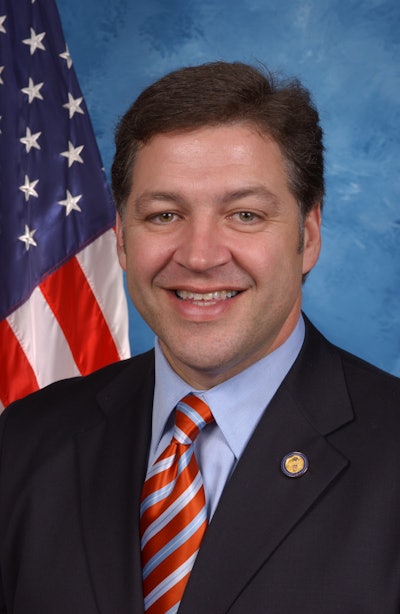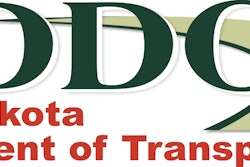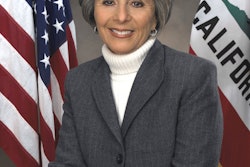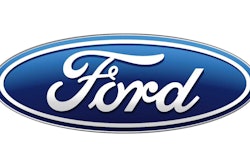 Bill Shuster
Bill ShusterHouse Transportation and Infrastructure Committee Chairman Bill Shuster (R-PA) believes September 2014 reauthorization has much the same bipartisan support that surfaced for Moving Ahead for Progress in the 21st Century (MAP-21), and a bill could be ready for the President to sign when MAP-21 expires.
Funding, he said, is of course the key issue. Reforms were put in place in MAP-21, he said, and more may come in its successor.
He was addressing the Transportation Construction Coalition (TCC) Fly-In in Washington, D.C. The TCC is a partnership of 29 national association and construction unions founded in 1996.
Shuster also said he would aggressively defend his committee’s work and Congressional power in the face of what he painted as increasing Administration encroachment into the work traditionally and constitutionally done by Congress. A combative Shuster said, “I’m not willing to cede one more inch of our authority to the executive branch.”
As he has before, Shuster did not support a gas tax increase, but he didn’t oppose it either. All possible sources of revenue for transportation infrastructure funding are “on the table” for discussion, he said.
“We had a couple of ideas come to us recently and we are looking at them,” almost the exact words Senator Barbara Boxer (D-CA) told the meeting minutes earlier. Higher fuel taxes were not the answer, he said, no single answer may exist, but there may be another tool in the toolbox that, combined, finds the funding needed.
And, again like Senator Boxer, he defended earmarks, now no longer part of surface transportation legislation. “I think earmarks got out of hand,” he conceded. But, he complained, bureaucrats are now deciding how allocated money should be spent rather than members of Congress. “They’re not coming back tomorrow,” he said of earmarks, but he suggested that when the public begin to realize that bureaucrats are often deciding which transportation projects in their districts get funded or go unfunded rather than elected members, they may return.
Shuster said he was unhappy the way funds for High Speed Rail (HSR) projects were being allocated, arguing that the Northeast Corridor is where HSR should first be implemented, with other corridors coming after the first corridor is working.
Shuster said MAP-21 “did a good job of moving forward with some reforms” but insisted the committee will use aggressive oversight to make sure the reforms are implemented on time.
He called his committee “the committee that builds America.”
“Everyone in America is in the transportation business, whether you run a business, you’re soccer mom or you take your kids to practice.”











